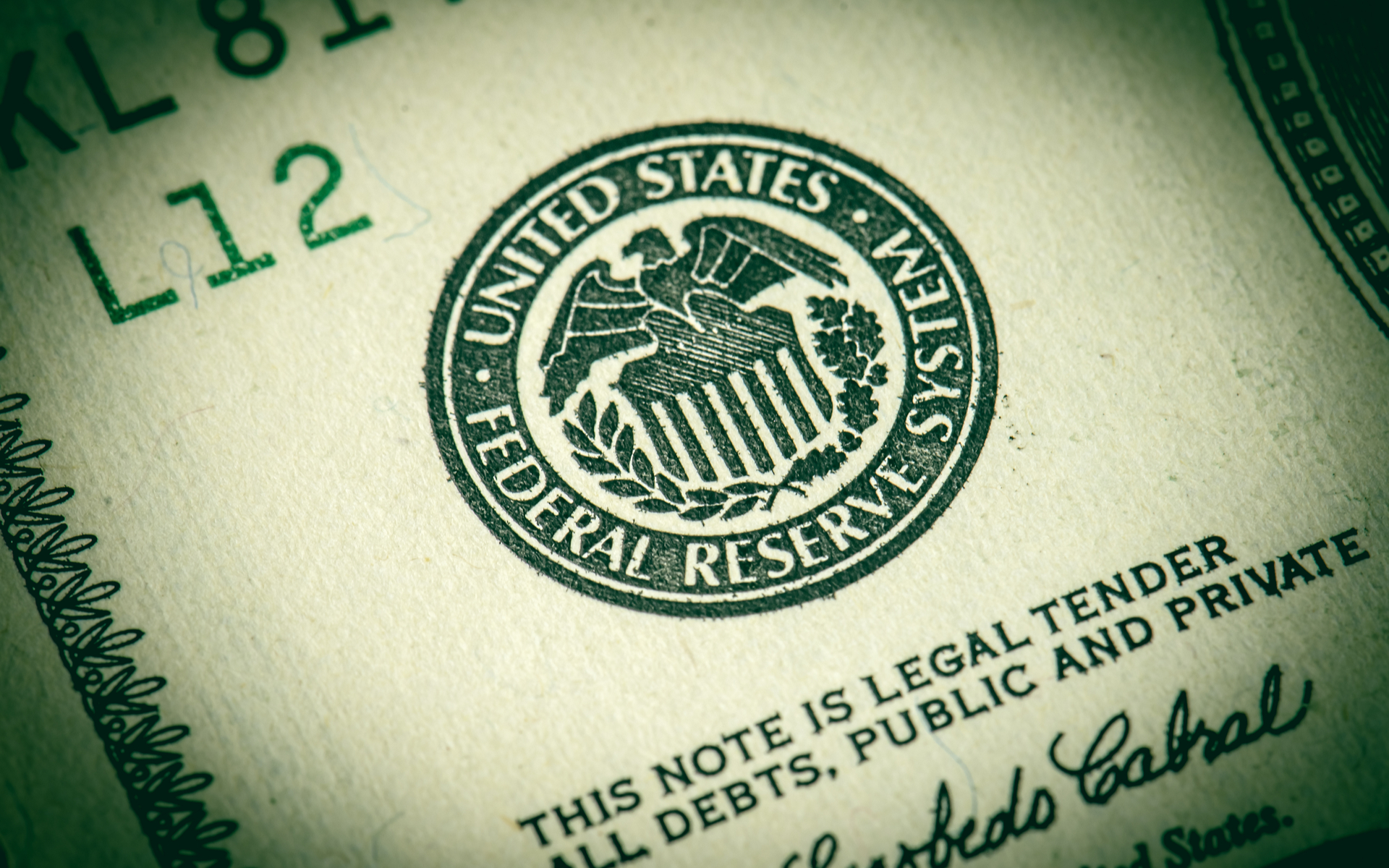PALO ALTO, Calif. (Reuters) - The Federal Reserve is taking a look at a broad variety of issues around digital payments and currencies, consisting of policy, design and legal considerations around potentially releasing its own digital currency, Guv Lael Brainard said on Wednesday. Brainard's remarks suggest more openness to the possibility of a Fed-issued digital coin than in the past." By changing payments, digitalization has the possible to Visit website deliver higher worth and convenience at lower cost," Brainard stated at a conference on payments at what is the fed coin the Stanford Graduate School of Organization.

Main banks internationally are discussing how to manage digital finance innovation and the distributed journal systems used by bitcoin, which guarantees near-instantaneous payment at possibly low cost. The Fed is developing its own round-the-clock real-time payments and settlement service and is presently examining 200 remark letters sent late last year about the suggested service's design and scope, Brainard said.
Less than 2 years ago Brainard informed a conference in San Francisco that there is "no engaging demonstrated requirement" for such a coin. However that was prior to the scope of Facebook's digital currency aspirations were extensively understood. Fed authorities, consisting of Brainard, have raised issues about consumer protections and information and personal privacy dangers that might be posed by a currency that might enter use by the 3rd of the world's population that have Facebook accounts.
" We are teaming up with other reserve banks as we advance our understanding of main bank digital currencies," she said. With more countries looking into issuing their own digital currencies, Brainard said, that includes to "a set of reasons to likewise be ensuring that we are that frontier of both research and policy advancement." In the United States, Brainard said, concerns that need study consist of whether a digital currency would make the payments system much safer or simpler, and whether it could present financial stability risks, including the possibility of bank runs if money can be turned "with a single swipe" into the main bank's digital currency.
To counter the monetary damage from America's https://s3.us-west-2.amazonaws.com unmatched national lockdown, the Federal Reserve has taken extraordinary steps, including flooding the economy with dollars and investing directly in the economy. The majority of these moves received grudging approval even from lots of Fed doubters, as they saw this stimulus as needed and something only the Fed might do.
My brand-new CEI report, "Government-Run Payment Systems Are Hazardous at Any Speed: The Case Versus Fedcoin and FedNow," information the dangers of the Fed's existing plans for its FedNow real-time payment system, and proposals for main bank-issued cryptocurrency that have been dubbed Fedcoin or the "digital dollar." In my report, I discuss concerns about privacy, data security, currency adjustment, and crowding out private-sector competitors and development.
Proponents of FedNow and Fedcoin say the government needs to produce a system for payments to deposit quickly, instead of motivate such systems in the personal sector by lifting regulatory barriers. But as kept in Click here for more info mind in the paper, the private sector is offering a relatively limitless supply of payment technologies and digital currencies to solve the problemto the level it is a problemof the time gap in between when a payment is sent out and when it is received in a checking account.
And the examples of private-sector innovation in this location are many. The Cleaning House, a bank-held cooperative that https://s3.us-east-1.amazonaws.com has actually been routing interbank payments in different forms for more than 150 years, has actually been clearing real-time payments because 2017. By the end of 2018 it was covering 50 percent of the deposit base in the U.S.